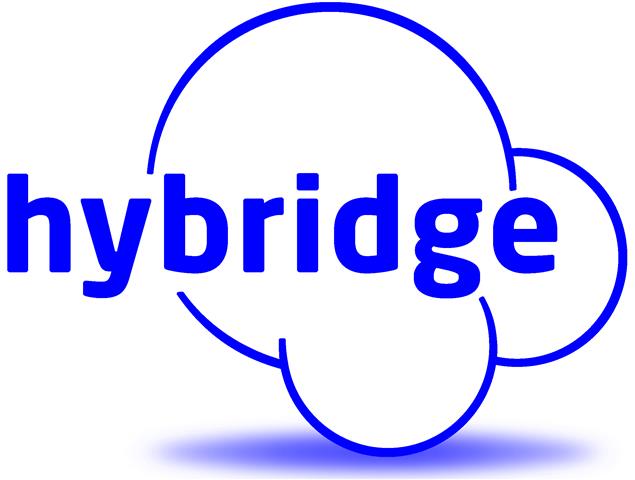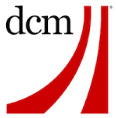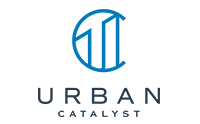Data is the most precious asset most companies have. From intellectual property to customer and product information, the management, storage and access of data is key to any company. Add to that a remote work force, security concerns and legal liabilities, and data management takes a life of its own.
Most data failures occur at the user level: a system crash that turns out to be irrecoverable. Additionally, as everyone is aware, cyber pirates have made a business of taking company’s data hostage. Then there is user error: that one person that “accidentally” deletes an entire project folder, not from their computer but from the shared file server effectively deleting everyone’s work on that project. How do you protect against all of these eventualities? Backup your data! And if you really care about it, you would do that in 3 different places to have multiple options for recovery.
Servers used for file sharing are being replaced with cloud-based file sharing services like Box, Dropbox and Google Drive. Why? Security, cost and efficiency. For most small to medium size businesses, it is more economical to pay a subscription to these services than to buy, install, and maintain a physical server. It is also a much more secure and available platform. Additionally, with a cloud-based service, your remote workforce can access data from anywhere, data is automatically backed up in the cloud, and most have tracing and recovery functionality for accidentally deleted data.
Your computer is likely the repository of most of your key business and personal data. Even users that are disciplined in their workflow and always upload their work product to their work’s main data repository, be it a server or cloud-based service, usually end up saving at least some files on their computer. Therefore, you should ALWAYS backup your computer. Hybridge’s platform includes an automatic, cloud-based backup that runs in the background and backs up not just the latest snapshot of your computer, but makes images over time so that if there is an error or data corruption at one point, we are able to trace back in time to a point before the error occurred. If you backed up your key data at your company’s data repository, and on your computer, and we are backing up your computer, you have at least three copies of your key data.
Lastly, let’s not overlook email. Most of us want to delete and clean up our mailboxes. However, it is very common that any work-related dispute requires companies to disclose all communication regarding that matter. That most often means providing all emails pertaining to that project or effort. Depending on your type of business, there are different levels of email backup and archiving available and we’d be happy to discuss those with you and help you choose the appropriate platform for your email service and industry need.
There are companies that still use Network-Attached Storage (NAS) and external hard drives for backing up their data. There are a few specific cases where a NAS strategy might make sense but in general, external backups are inherently insecure (anyone that gets a hold of the physical device has access to your data), expensive (depending on the storage capacity required), and they require users remember to plug in and run the backup process.
How much you want to spend on back up depends on your risk tolerance. 20% of small to medium businesses will suffer a major disaster causing loss of critical data every 5 years and of those that do, over 80% end up going out of business – the point is – you can’t take a chance.
There are a lot of key factors that go into designing, implementing and migrating to a comprehensive and secure data management strategy. Please reach out to us at info@hybridge.com and we will be happy to help you think through all of your requirements and implement the right strategy for your company.








